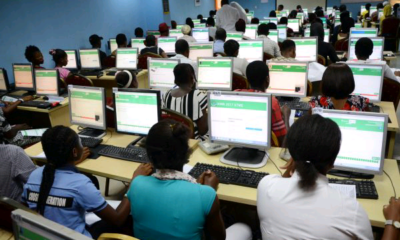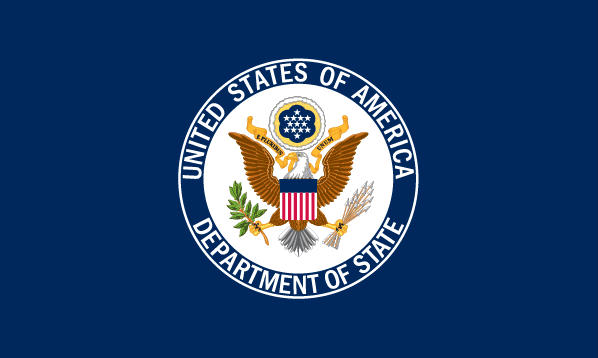The Labour Party has announced its intention to expel former presidential candidate Peter Obi over his participation in an opposition coalition seeking to remove President Bola Tinubu.
During a live appearance on Channels Television’s The Morning Brief on Tuesday, a party chieftain, Abayomi Arabambi, said Obi’s involvement with the coalition while remaining a Labour Party member was “unconstitutional” and “unacceptable.”
“Let me make it very clear: we are convening a NEC [National Executive Council] meeting where he [Obi] will be expelled. It is unconstitutional for you to belong to two political parties at a time. They have deceived him to their side, and there he shall remain,” Arabambi said.
He explained that the NEC would recommend Obi’s expulsion, which would then be formally approved at the party’s convention in line with its constitution.
“Obi will be expelled from our party. He is no longer a member. It is not within his right to claim, ‘I am still a member of the Labour Party,’ and at the same time be hobnobbing with what we call the ‘yahoo yahoo’ coalition. We are not going to accept that,” he said.
In a critical statement, Arabambi rejected claims that Obi was responsible for the Labour Party’s rise, saying, “I want to correct a very wrong notion—Obi did not make the Labour Party; the Labour Party made Peter Obi. It was just a chance of circumstance because of the #EndSARS protests and the failings of past administrations. Nigerians were simply tired.”
He insisted that it was the party’s credibility that gave Obi the platform that elevated his political image in 2023.
“It’s because of our own integrity. That was what gave Obi what he is today. He should be banking on our goodwill, not the other way around. He started the crisis in the Labour Party,” he said.
Arabambi also accused Obi of having an authoritarian approach, saying, “If he can fight party members to do his will, then he is not fit to run the party.”
He emphasized that the Labour Party had only one recognized leadership, stating, “Let me also make it clear: we do not have groups in the Labour Party. We have only one leadership under Julius Abure, our national chairman.”
Arabambi’s comments came after the Julius Abure-led faction of the Labour Party gave Obi a 48-hour deadline to formally resign from the party over his alleged “bromance” with the coalition.
In a statement dated 3 July, LP’s Obiora Ifoh said, “Labour Party is not part of the coalition. Therefore, any of our members who are part of the coalition are given within 48 hours to formally resign his membership of the party.
Labour Party is not available for people with dual agendas or deceptive personas. We will not allow individuals to have one leg in our party and the other elsewhere.”
Ifoh accused coalition members of being opportunistic politicians “interested in relaunching themselves into the circle of power.”
This situation arose after the opposition coalition met on Wednesday, 2 July, in Abuja, where the ADC was adopted as its platform for the 2027 elections.
The coalition appointed former Senate President David Mark as interim national chairman and former Osun governor Rauf Aregbesola as secretary.
The meeting was attended by many prominent politicians, including Atiku Abubakar, Nasir El-Rufai, Rotimi Amaechi, Dino Melaye, Dele Momodu, Gabriel Suswam, Ireti Kingibe, Emeka Ihedioha, and Sadique Abubakar—along with Obi.
Credit: Channels TV

 BIG STORY5 days ago
BIG STORY5 days ago
 BIG STORY21 hours ago
BIG STORY21 hours ago
 BIG STORY5 days ago
BIG STORY5 days ago
 BIG STORY4 days ago
BIG STORY4 days ago
 BIG STORY2 days ago
BIG STORY2 days ago
 BIG STORY20 hours ago
BIG STORY20 hours ago
 BIG STORY5 days ago
BIG STORY5 days ago
 BIG STORY23 hours ago
BIG STORY23 hours ago
























